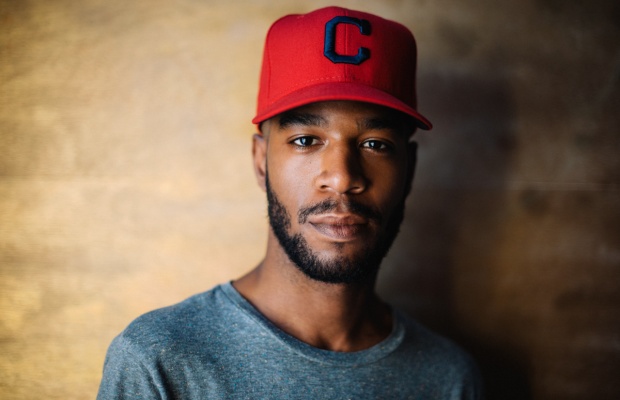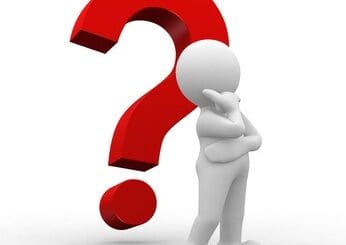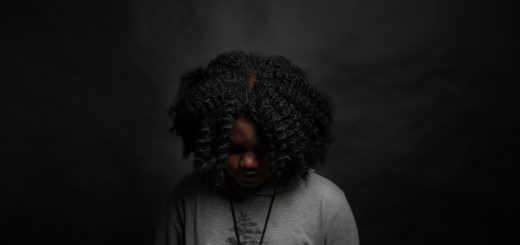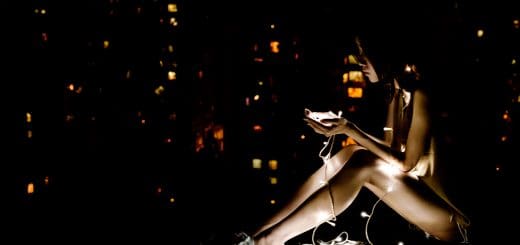Helping African American Guys Get Treatment through Social Media

Rapper Kid Cudi, who has talked publicly about his depression and anxiety.
Social media can be an effective way to start movements around social issues that need attention. One example is the viral social media activity #icebucketchallenge, a hashtag that created awareness, donations, and a large open forum to discuss the illness of ALS. The same type of social media movement is being used to bring awareness to black men’s need for mental health treatment using the hashtag #YouGoodMan. The hashtag is being used to open up a public discussion and help black men feel more okay about getting help with their mental health.
#YouGoodMan began after rapper Kid Cudi revealed that he was seeking help for his anxiety, depression, and suicidal thoughts. He wrote on Facebook:
My anxiety and depression have ruled my life for as long as I can remember and I never leave the house because of it. I can’t make new friends because of it. I [don’t] trust anyone because of it and [I’m] tired of being held back in my life. I deserve to have peace. I deserve to be happy and smiling.
Cudi’s post is a model that can encourage other African American men to open up as well. Research shows that African Americans are 10 percent more likely to report having serious psychological distress than whites (except for Hispanic whites). Black Americans are also more likely than whites to grow up in poverty. The fact that many African Americans face violence and racism on a daily basis means they are more likely to need help maintaining their mental wellness.
American society’s hyper-masculinity leaves all men—including minority men—little room to discuss problems like mental health without facing social judgment and stigma. Black men often have a hard time opening up about their feelings and emotions because they don’t want to be seen as “weak.” Research shows that African Americans use psychotherapy much less than whites. Some of the African American cultures that black boys grow up in encourage them to adopt a particular version of masculinity that prevents them from talking about their feelings. And when they do look for help, it can be hard for them to find black therapists: some people feel more comfortable seeking treatment from someone who shares their cultural background.
There are other movements that are trying to use social media to understand minority attitudes about mental health and improve access to treatment. This article in Huffington Post, for example, talks about another research project that uses Facebook to understand black men’s approaches toward their mental health challenges.
#YouGoodMan is a small step to normalizing the discussion of mental illness. Men of color all over the world are sharing, connecting, and bringing much needed attention to this topic. According to BuzzFeed News #YouGoodMan was created by Twitter user @DaynaLNuckolls, who suggested that there ought to be a place on social media dedicated for black men who want to talk about their mental health issues.
Mental Health is a touchy subject for many people, but having open honest conversations about mental health can break down many walls and give people permission to share their own story. Participating in—or even just watching—an open, safe public dialogue can go a long way in someone’s decision to get treatment. And social media can be a place where that discussion happens.
Do you believe using social media to bring awareness to mental health needs is important? If you were to create a hashtag to bring awareness to a mental health issue, what would it be?




Recent Comments